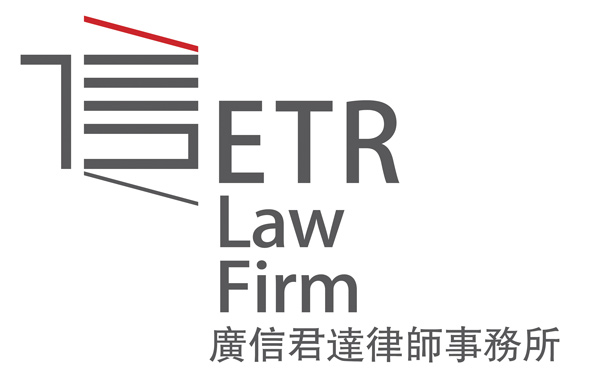In the past two years, covid-19 has broken out repeatedly across the country, affecting all walks of life. Labour-intensive construction projects, for example, suffered shutdowns or difficulty in resuming work, leading to disputes over late delivery of housing. How best to judge whether the pandemic has had a substantial impact on the performance and delivery of property developers?
Court views
Based on past cases, courts across the nation have different opinions as to whether covid-19 constitutes force majeure that exempts property developers from the liability of late delivery.

Partner
ETR Law Firm
In one case the courts held that, as construction is labour-intensive and covid-19 is highly transmissible, prevention and control measures had a direct impact. In addition, most of the migrant workers hired by the construction companies involved were from neighbouring areas of Hubei province. Many of them were unable to return to the site in time due to pandemic prevention policies, or had to be quarantined for 14 days before being able to return to work, which caused a sharp drop in the number of workers for some time.
Furthermore, due to the different pandemic prevention policies implemented in each province and city, migrant workers did not return to work at the same time, which further disrupted the construction plan and slowed progress. These were unforeseeable factors at the time of concluding the contract, external obstacles that could not be avoided or overcome, which satisfied the statutory conditions of force majeure.
In other cases, however, courts have held that although covid-19 constituted force majeure, the large-scale outbreak only began to affect all industries after the agreed delivery time, and the pandemic-caused shutdown and halt in production lasted only one or two months, while the property delivery was overdue for as long as seven months. Thus, covid-19 could not be established as statutory grounds for overdue delivery.
Authors’ views
Based on the judgments of various courts, the authors believe that whether covid-19 had a substantial impact on contract performance should be judged from the following:
- Type of project. Covid-19 changed our lives, not in the least because it reduced the flow and gathering of people. Therefore, it had a particularly tangible impact on labour-intensive projects, while machine productivity was less affected.
- Timing. If the period of performance stipulated in the contract was set to begin before the pandemic outbreak, but was delayed until afterwards, the breach of contract is not caused by covid-19 and generally no liability would be exempted.
- Causality. Covid-19 caused substantial obstacles to the performance of the contract. There were no solutions or alternatives to overcome the obstacle, or the alternative was difficult to implement, or incurred economic costs far exceeding the performance of the original contract.
- Stage of the outbreak. Prior to the outbreak of covid-19, the parties to a contract had no way to foresee such an event or its impact. However, after the outbreak, as prevention and control policies were implemented across the world, parties to a contract should fully consider the impact of covid-19.

Partner
ETR Law Firm
When handling cases of late delivery of housing by property developers, it is important to first see whether force majeure was stipulated in the contract and, if it was, such stipulation shall apply. However, most contracts list force majeure as a general provision, without going into details regarding exemption of liability. In such cases, it is necessary to further study how badly the location of the construction project was affected, such as the number of confirmed cases, deaths and changes in covid-19 policies.
On the employment side, factors such as: How badly the location of the workers were affected, and their covid-19 policies; the resumption of work of the project involved; the resumption of work of other real estate projects in the same area; progress of the project; and conclusion of main construction can be used to illustrate whether the pandemic had a substantial impact on the project, and whether the property developer could claim it as a cause for exemption of liability for delay in delivery.
In addition, if the property developer’s claim of exemption from liability due to covid-19 is established, the reasonable time for exempting such liability should be further determined with reference to key changes in the pandemic’s development, such as the first-level response time for local major public health emergencies, the time of adjusting to the second-level emergency response and the time for local resumption of work and production.
Finally, we should also look at the property owners’ performance of the contract, such as whether they made payments in line with the stipulated schedule and whether, if a mortgage is involved, they submitted the mortgage materials on time. According to article 526 of the Civil Code on the “defence of first performance”, if the property owner has not fulfilled the principal contractual obligations, the property developer may postpone the delivery of commercial residential housing according to contract provisions. Therefore, if the property owner had breached the contract, it would affect whether the property developer can be exempted from or relieved of liability for the subsequent overdue housing delivery.
Lei Zhirong and Carol Chan are partners at ETR Law Firm
10 & 29/F, Chow Tai Fook Finance Centre
No.6 Zhujiang Dong Road, Tianhe District
Guangzhou 510623, China
Tel: +86 20 3718 1333
Fax: +86 20 3718 1388
Email:






















